Twitter’s Impact on Your Brain-Same as Bilingualism
Kapp Notes
APRIL 20, 2011
Studies on infant brains have shown that knowledge retention is only possible when accompanied with personal interaction or activity, but this becomes even more important as people get older. Dr. Kuhl said this multitasking, where people are stimulating new patterns of sequential processing, could then reap the same benefits as bilingualism.










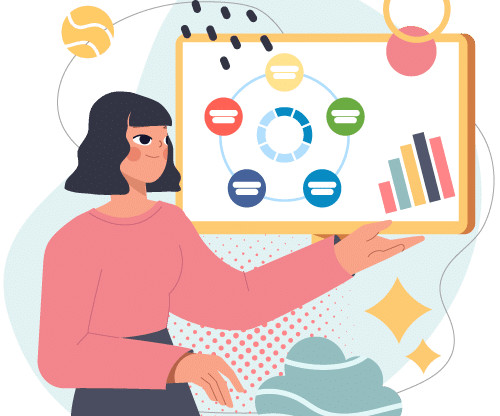




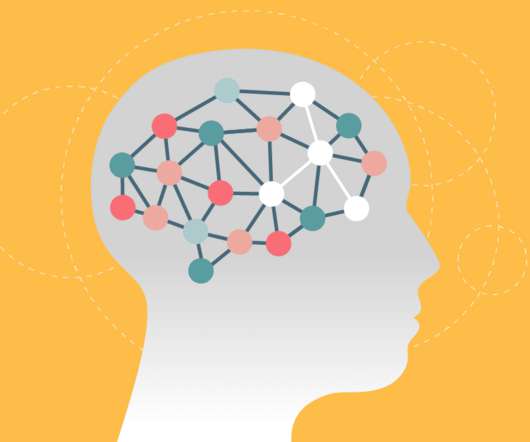
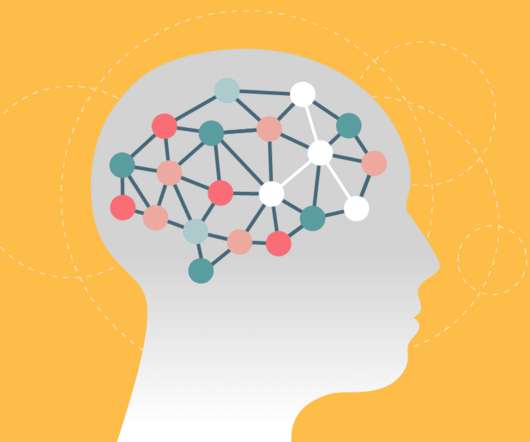


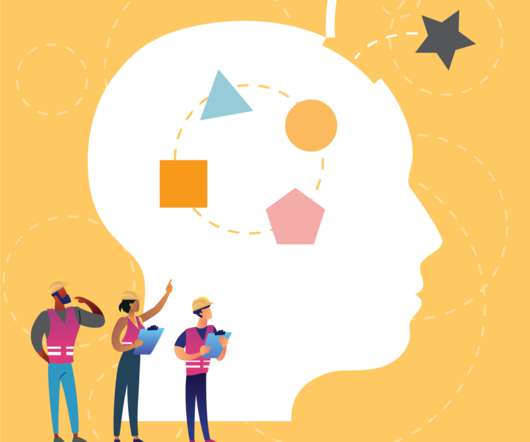
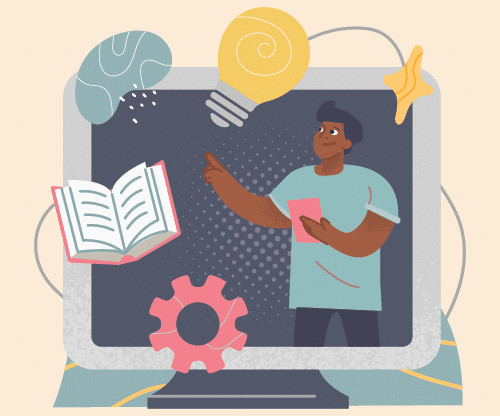
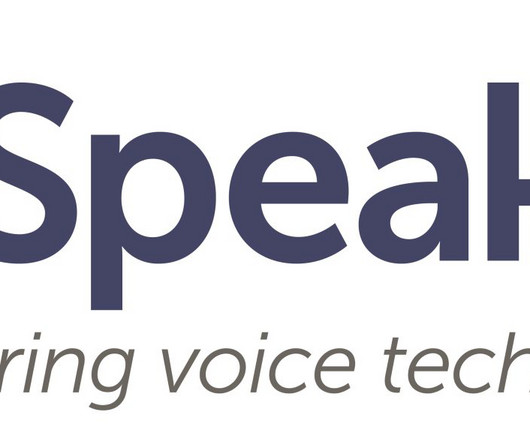
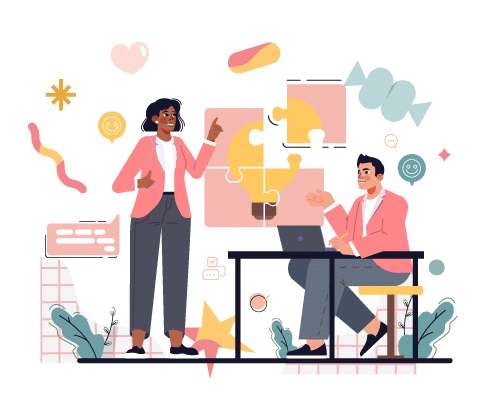











Let's personalize your content